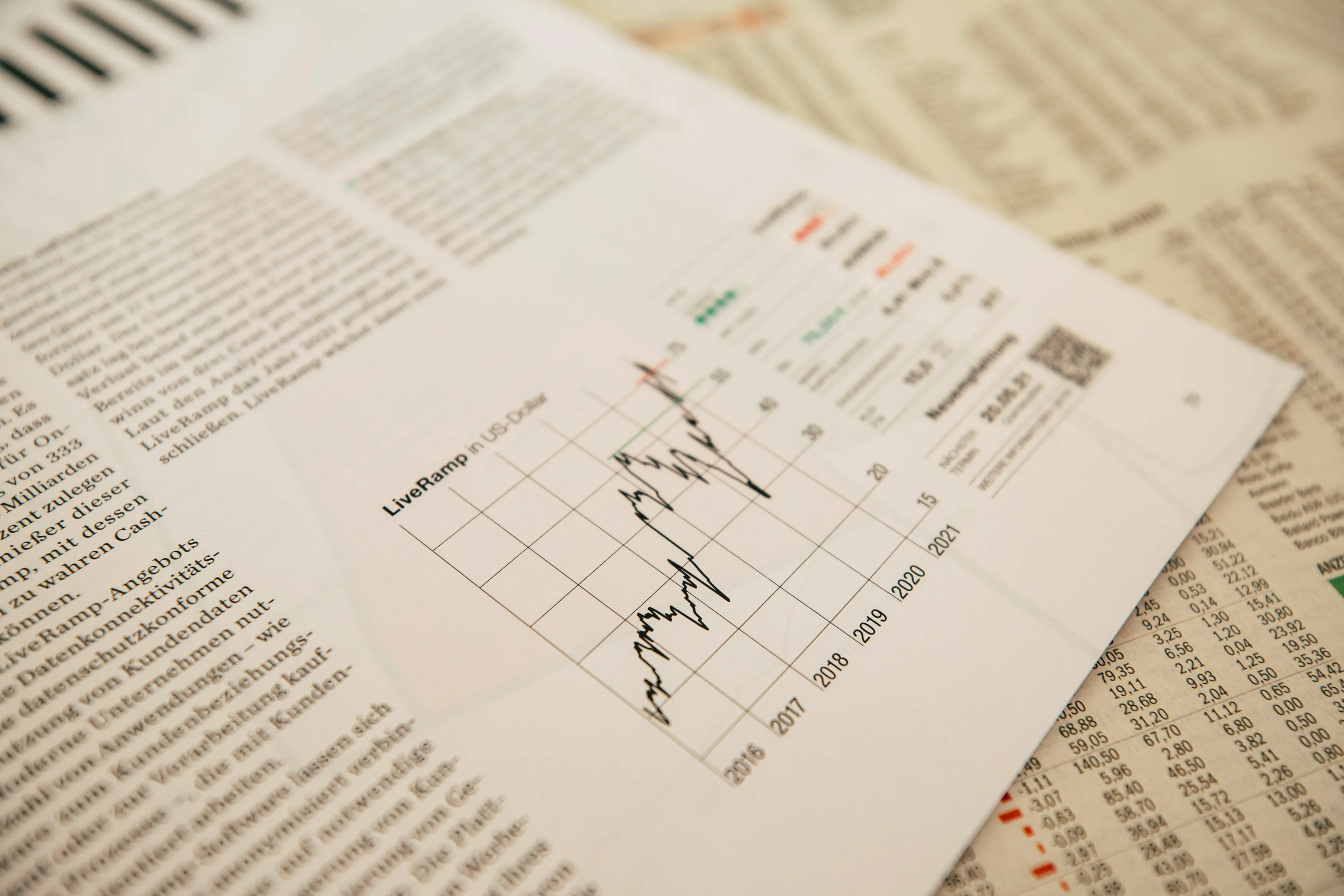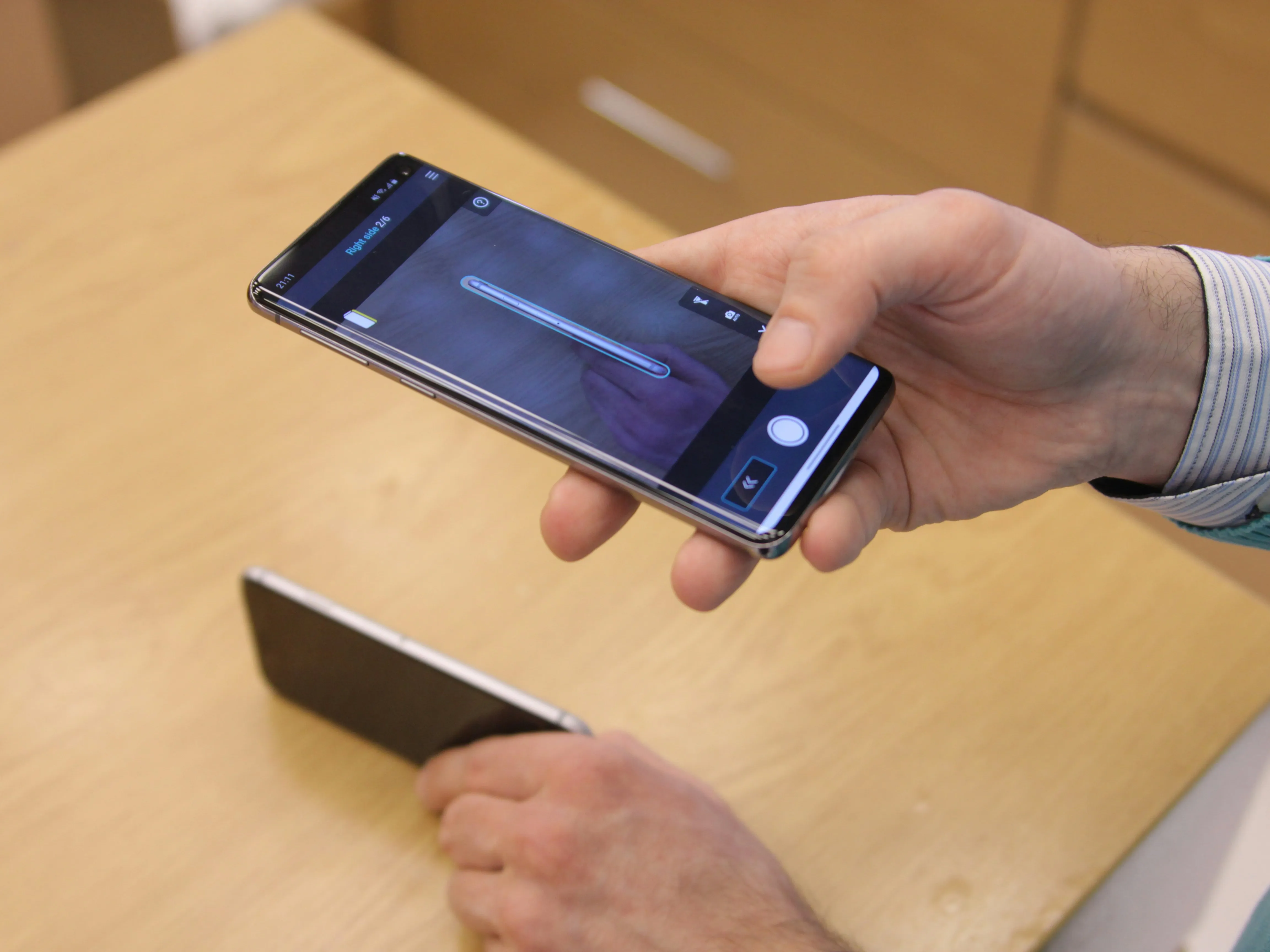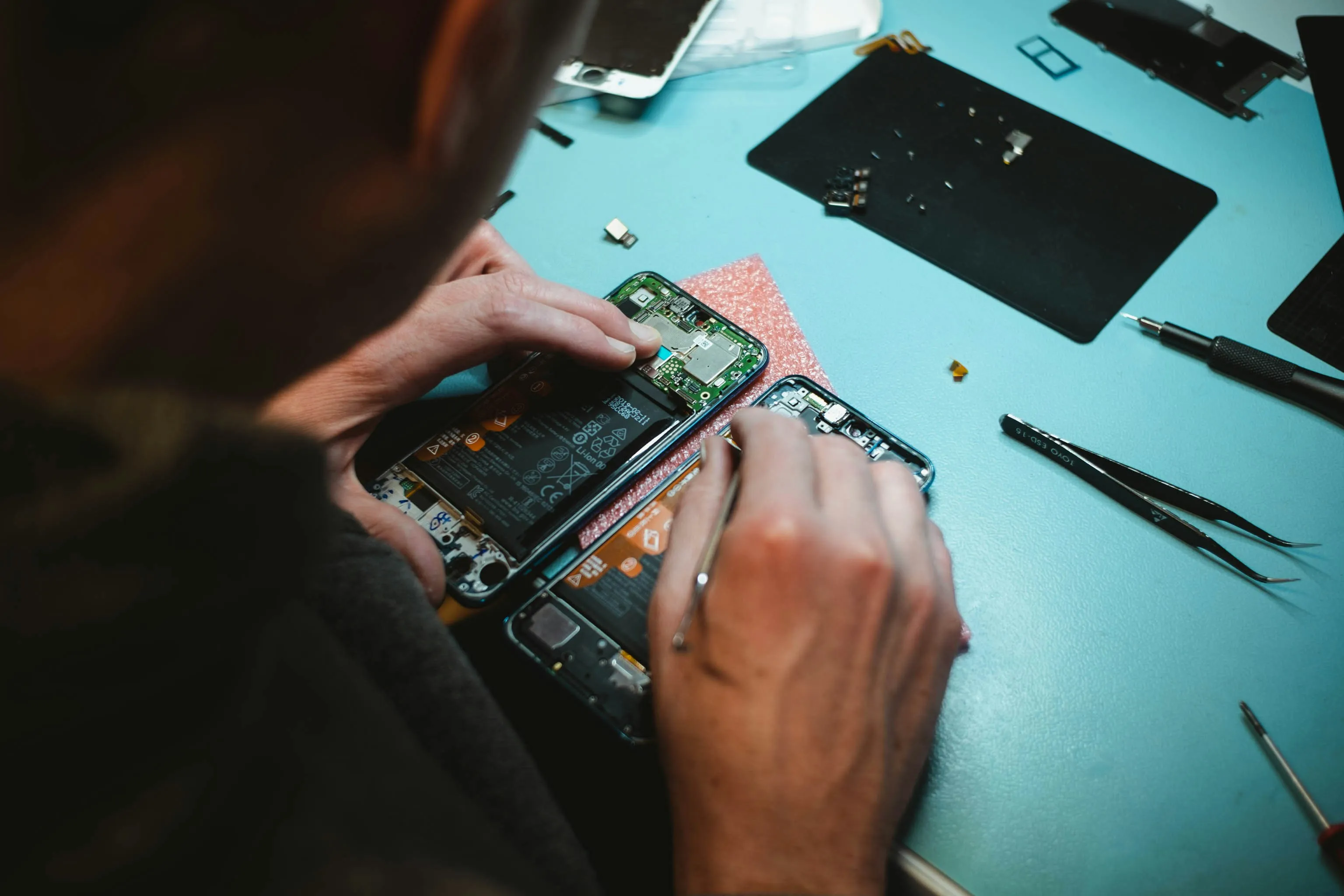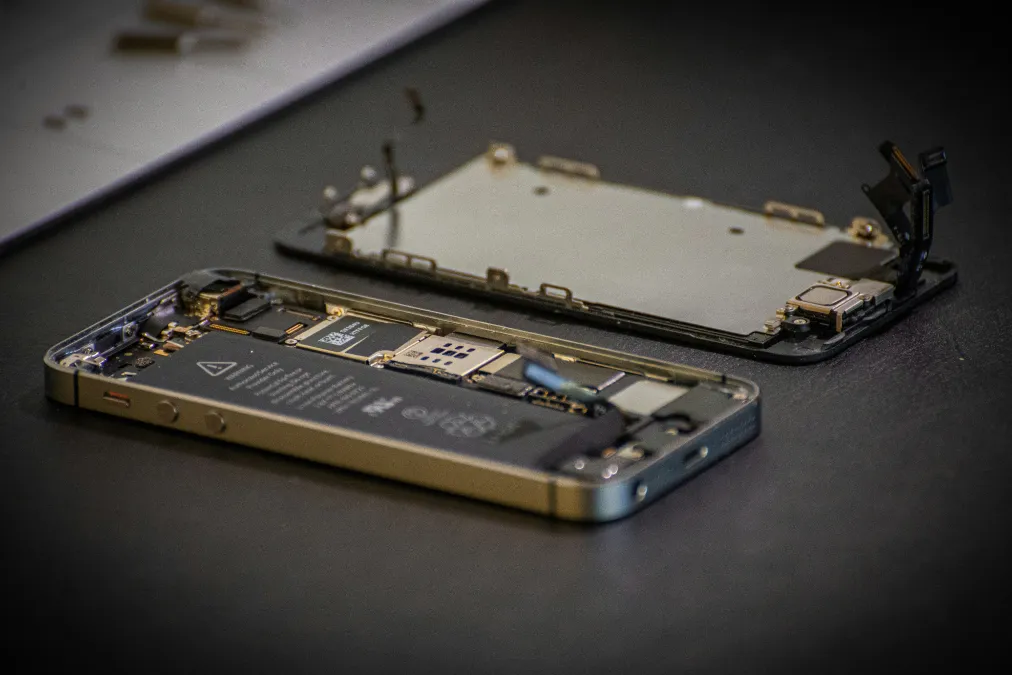The Dutch Ministry of Infrastructure and Water Management (IenW) is taking significant strides towards a sustainable future with the introduction of a subsidy scheme titled “Circular Implementation and Scaling.” This initiative is designed to support circular projects, which extend the lifecycle of materials and products through reuse, repair, or remanufacturing, as opposed to the traditional production-use-disposal model. By facilitating these circular practices, the subsidy aims to help businesses launch and scale innovative circular projects, contributing to a more sustainable economy.
Target audience: SMEs
The subsidy is specifically targeted at small and medium-sized enterprises (SMEs) or collaborations between SMEs and larger companies. These entities are encouraged to undertake circular activities within specific product groups, including:
- Electronic and electrical equipment
- Textiles
- Diaper and incontinence materials
- Reusable cups and meal packaging
- Furniture
Objectives of the subsidy
The primary goal of the subsidy is to stimulate companies within these product groups to adopt circular practices, thereby reducing their CO2 emissions and conserving materials and energy throughout the product chain. Currently, circular projects or companies often struggle to compete with traditional linear businesses. This subsidy aims to level the playing field, enabling businesses to choose circular projects over linear ones more easily and to scale existing circular activities.
By incentivizing circular entrepreneurship, the Ministry of Infrastructure and Water Management is driving companies to prioritize circular projects over linear ones. This shift not only reduces CO2 emissions but also conserves materials and energy within the production chain. Furthermore, it expands consumer choices by making more circular products available in the market.
Types of circular projects eligible for subsidy
A wide range of circular projects may qualify for support under this subsidy. These projects can encompass activities such as:
- Reuse
- Preparation for reuse
- Repair
- Refurbishment
- Remanufacturing
- Facilitating higher-quality recycling of materials
Examples of projects that could receive subsidy support include:
- A project focused on dismantling, inspecting, and cleaning furniture for resale in the second-hand market.
- A project offering a complete service for reusable diapers, including collection, washing, and distribution, as an alternative to disposable diapers.
- A project centered on repairing electronic devices.
The "Circular Implementation and Scaling" subsidy from the Dutch Ministry of Infrastructure and Water Management represents a significant opportunity for businesses to embrace circular practices, reducing their environmental impact while fostering innovation and competitiveness. However, we always wonder if this type of subsidizing works in the long run.
Market

Trade-in

Repair

Interested in the global market for used electronics?
From now on, you'll never miss a thing and can easily stay up to date with the latest developments in the secondary market. Sign up today for the newsletter from secondarymarket.news. It's filled with the latest news, trends, developments, and gossip. Stay informed and don't miss out on anything!
Daily (except on Sundays), you'll receive the latest news from the global secondary market straight to your inbox after registering. This way, you'll always stay up to date with the latest secondary market developments and trends.





